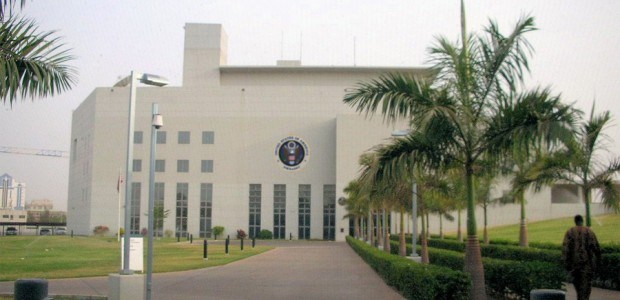BRUSSELS (CHATNEWSTV) — The European Union Council has approved two key tax directives aimed at modernizing and simplifying financial procedures across the bloc, reducing administrative burdens, and tackling tax fraud. The directives, known as the FASTER directive and the Electronic VAT Exemption Certificate directive, mark significant steps toward creating a more efficient and unified tax system within the EU.
“This is an important milestone for the EU,” said Mihály Varga, Hungary’s finance minister. “With these directives, we are simplifying processes for investors and businesses while strengthening safeguards against fraud.”
FASTER Directive: Tackling Double Taxation
The FASTER directive introduces streamlined withholding tax procedures to prevent double taxation on cross-border investments, such as dividends and interest. It establishes fast-track systems to enable quicker and more efficient tax relief:
Relief-at-source: Applies the correct tax rate during payment.
Quick refund: Ensures overpaid withholding taxes are reimbursed promptly.
Additionally, the directive introduces a digital tax residence certificate (eTRC), allowing investors to access fast-track relief procedures with ease. Certified financial intermediaries, such as banks, will be required to conduct due diligence and report transactions to tax authorities, enhancing oversight and fraud prevention.
The directive must be incorporated into member states’ laws by December 31, 2028, with full implementation starting January 1, 2030.
VAT Exemption Certificate: Modernizing Tax Systems
In another move toward tax modernization, the Council agreed to replace paper-based VAT exemption certificates with an electronic system. The directive applies to goods exempt from VAT, such as those imported by embassies, international organizations, and armed forces.
“This agreement puts an end to paper certificates signed by hand, making the process faster, safer, and more efficient,” Varga said.
The new electronic system, to be developed with input from expert groups, will enter a transitional phase from 2031 to 2032, during which both paper and electronic certificates can be used. The mandatory use of electronic certificates will apply only to cases involving two member states, excluding exemptions granted via refunds.
The transition period was shortened from the initially proposed four years to one, giving tax authorities time to align with other major IT developments, including those introduced under the VAT in the Digital Age (VIDA) package.
Boosting Investment and Combating Fraud
Both directives are expected to simplify compliance for businesses, encourage cross-border investments, and enhance the EU’s ability to detect tax fraud. The introduction of the FASTER directive’s standardized reporting for financial intermediaries and the electronic VAT certificate’s automated processes are key tools in achieving these goals.
“These measures bring us closer to a modernized, integrated tax system across the EU,” Varga added.
The directives will undergo final checks before publication in the EU’s Official Journal and entry into force.
 Donate
Donate



